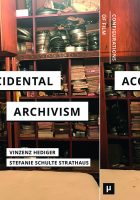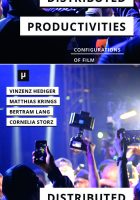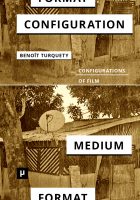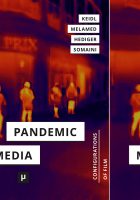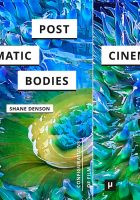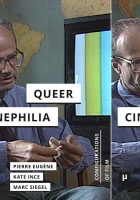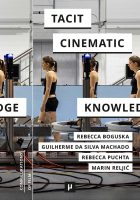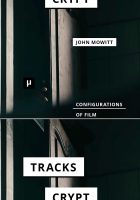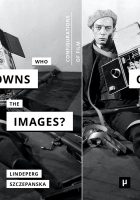Configurations of Film
Editorial Board
Nicholas Baer (University of Groningen) | Hongwei Thorn Chen (Tulane University) | Miriam de Rosa (Ca’ Foscari University of Venice) | Anja Dreschke (University of Düsseldorf) | Bernard Dionysius Geoghegan (King’s College London) | Andrea Gyenge (University of Minnesota) | Jihoon Kim (Chung Ang University) | Laliv Melamed (Goethe University) | Kalani Michell (UCLA) | Debashree Mukherjee (Columbia University) | Ara Osterweil (McGill University) | Petr Szczepanik (Charles University Prague)
Scalable across a variety of formats and standardized in view of global circulation, the moving image has always been both an image of movement and an image on the move. Over the last three decades, digital production technologies, communication networks and distribution platforms have taken the scalability and mobility of film to a new level. Beyond the classical dispositive of the cinema, new forms and knowledges of cinema and film have emerged, challenging the established approaches to the study of film. The conceptual framework of index, dispositive and canon, which defined cinema as photochemical image technology with a privileged bond to reality, a site of public projection, and a set of works from auteurs from specific national origins, can no longer account for the current multitude of moving images and the trajectories of their global movements. The term “post-cinema condition,” which was first proposed by film theorists more than a decade ago to describe the new cultural and technological order of moving images, retained an almost melancholic attachment to that which the cinema no longer was. Moving beyond such attachments, the concept of “configurations of film” aims to account for moving images in terms of their operations, forms and formats, locations and infrastructures, expanding the field of cinematic knowledges beyond the arts and the aesthetic, while retaining a focus on film as privileged site for the production of cultural meaning, for social action and for political conflict.
The series Configurations of Film presents pointed interventions in this field of debate by emerging and established international scholars associated with the DFG-funded Graduate Research Training Program (Graduiertenkolleg) Konfigurationen des Films at Goethe University Frankfurt. The contributions to the series aim to explore and expand our understanding of configurations of film in both a contemporary and historical perspective, combining film and media theory with media history to address key problems in the development of new analytical frameworks for the moving image on the move.
Series Editors: Vinzenz Hediger and the Board of „Configurations of Film“

